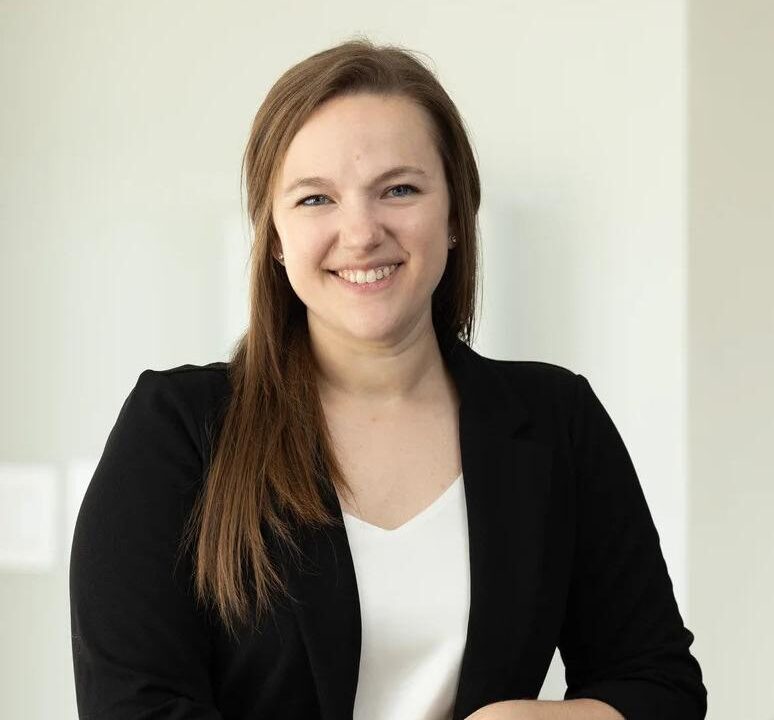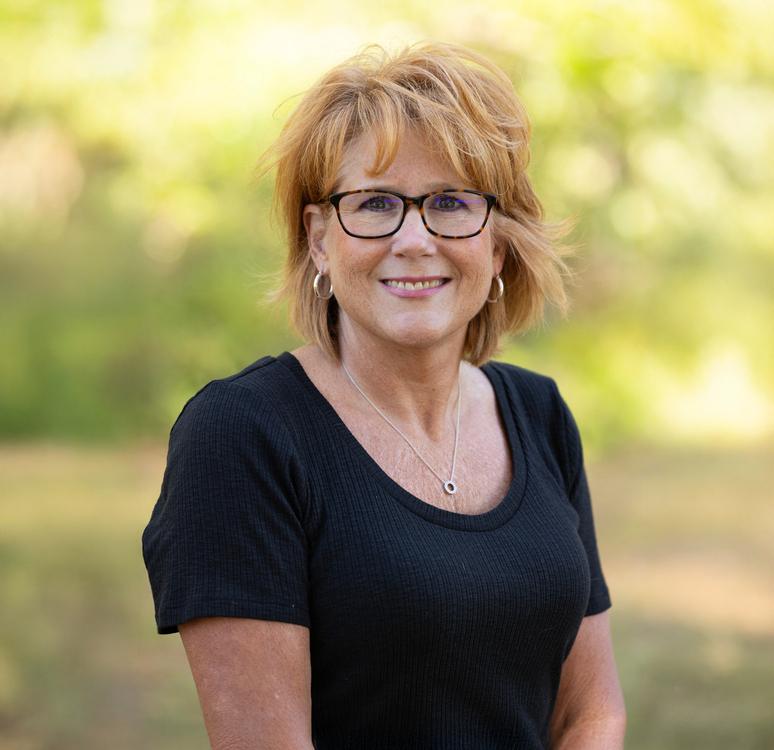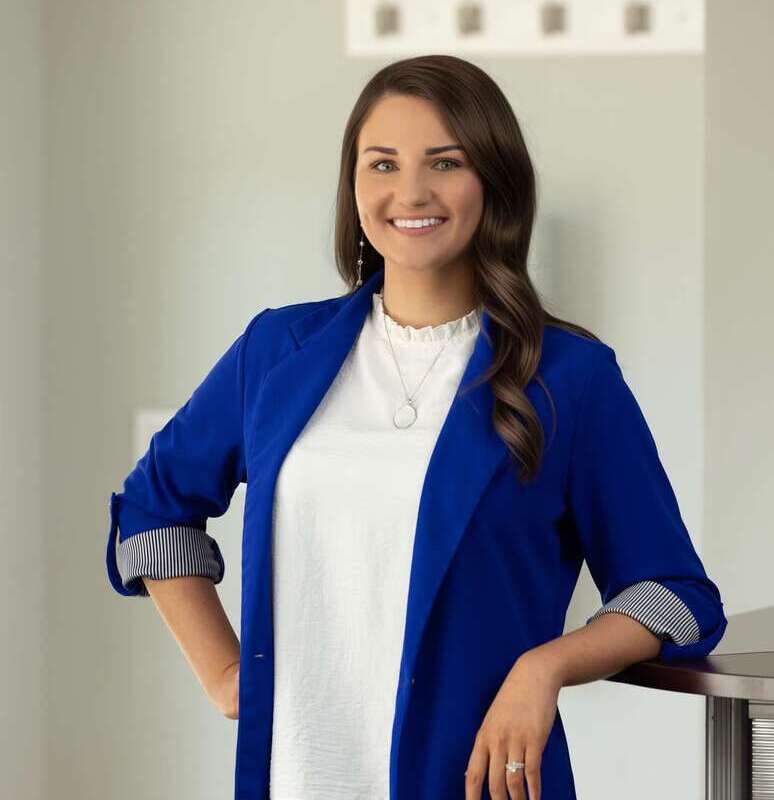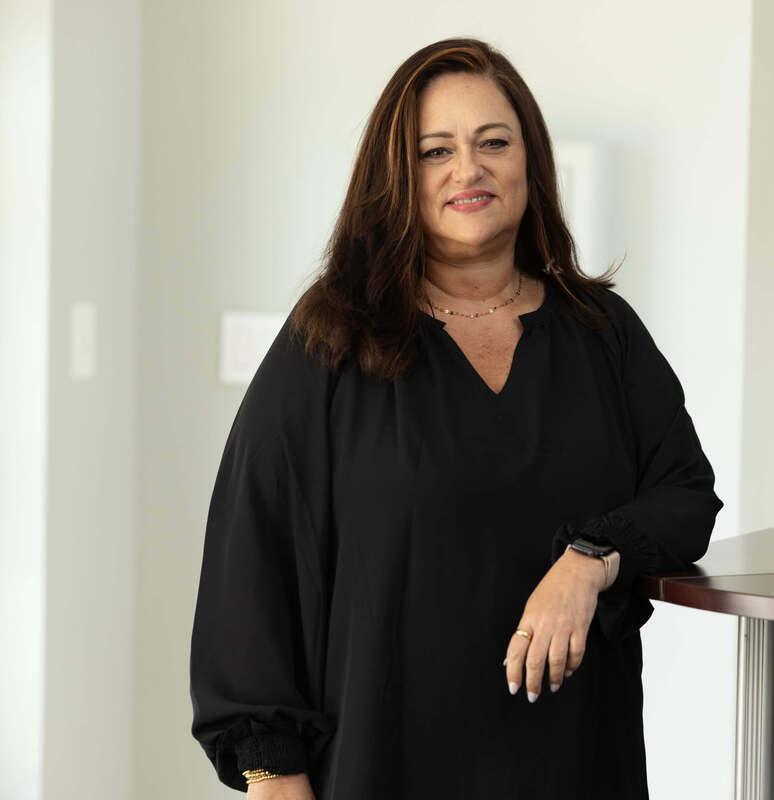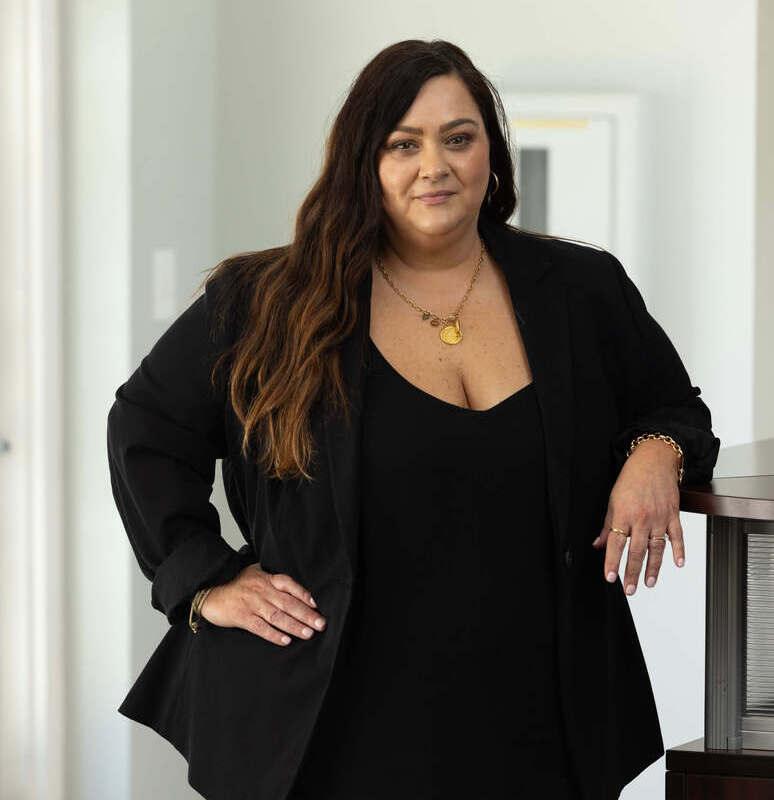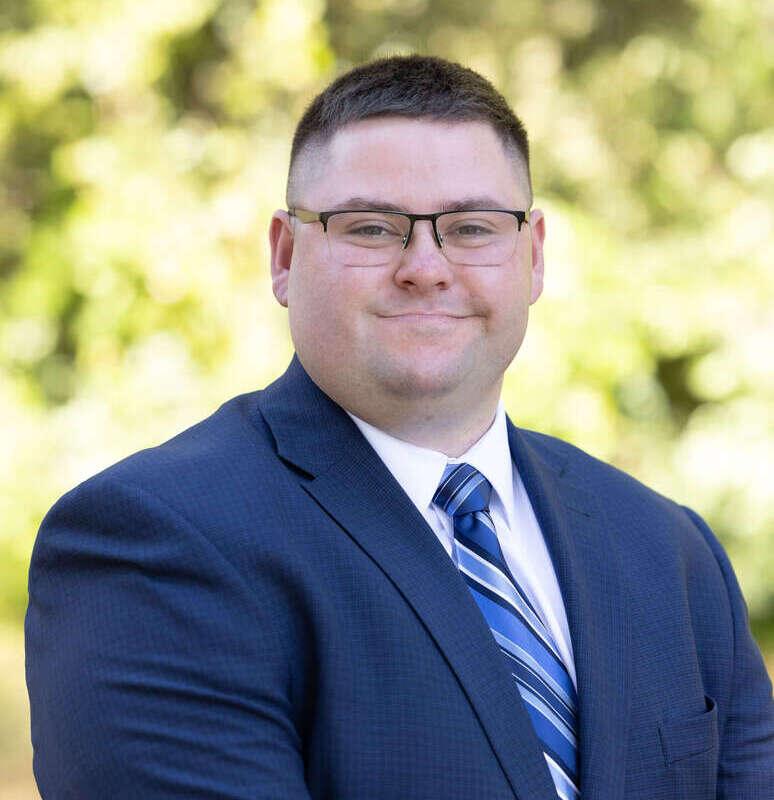Household product defects in South Carolina are fairly self-explanatory–they include any defect in the products we use in our homes on a daily basis that end up causing an injury or illness to a consumer. Generally speaking, household product defect cases can be divided up into three types: cases dealing with the marketing, manufacture, or design of a given product. Each of these unique types of claims requires proof of certain elements.
At Hopkins Law Firm, our defective household liability attorneys in Charleston, Myrtle Beach, and Pawleys Island can help you understand what those elements are, how to go about proving them, and what to expect overall with regard to your specific household product defect case. Call us at or contact us online to schedule a free consultation.
What Constitutes Defective Household Products in South Carolina?
Household products include anything from furniture to light bulbs to cleaning products that are used in the home. Consumers expect these products to be safe upon purchase and upon use of them, but that’s not always the case. Recall trends by the Consumer Protection Safety Commission (CPSC) indicate that injuries caused by these products have been increasing over the last few years.
Common hazards posed by defective or unsafe household products include:
- Faulty electrical wiring
- Fall risks
- Inadequate or incorrect labeling
- Overheating
- Electrocution
- Choking or strangulation
- Poisoning from toxic chemicals
- Fire
- Burns
- Lacerations/cuts
A product liability claim can be brought against the designer, manufacturer, distributor, and/or retailer. Two theories typically invoked to prove liability are:
- Negligence, which occurs where fault must be proven by showing the defendant had a duty of care, breached that duty, thus, causing an injury that resulted in monetary damages; and
- Strict liability, which requires a showing that the product itself was defectively designed, defectively made, or inadequately labeled or marketed (meaning there was a failure to warn of any possible risks).
If you are successful in your claim, you can recover economic (e.g., wage losses and medical bills) and possibly non-economic damages (e.g., pain and suffering).
Examples of Household Product Defects in South Carolina
Because there is such a variety of household products developed and sold in the United States, there are many different types of product defect cases that could arise. In some cases, the harm is immaterial but in other cases, it can be devastating.
Children’s Products
Children can suffer serious injuries from defects in things like strollers, cribs, and toys. For example, if a certain toy does not have a choking hazard label and a child chokes on it, there may potentially be a product liability case for inadequate labeling.
Defective Appliances
Things like washing machines, ovens, and microwaves rely on a properly working electric or fuel system. When these systems are not working properly, it could cause a fire or even an explosion in a consumer’s house. This may give rise to a claim based on faulty design or manufacturing.
Defective or Inadequately Labeled Chemicals
Any chemical that is designed for use in the home, whether it be surface cleaner or toothpaste, undergoes rigorous testing to establish its efficacy and safety for use. However, there are certainly situations where defective products end up in the home of unsuspecting consumers, and these circumstances can lead to liability for the manufacturers of those products.
Defenses to Household Product Defect Claims in South Carolina
A defendant can defend against defective household product claims by showing its product was not, in fact, defective. But there are two common defenses that are often utilized and which you should know.
- Product misuse involves arguing that the product was not being used for its intended purpose, or that it was used incorrectly. For example, if a consumer gets sick after using a bathroom cleaner to wash their dishes when the product label warns of such misuse, they will not likely face liability.
- Product alteration involves claiming that the product user altered the product after it left the control of the manufacturer. For example, if a consumer removes the safety guard from a razor blade, they will likely have a tough time arguing for compensation when they suffer an injury stemming from the razor.
Why Hire a Product Liability Attorney for a Household Product Defect in South Carolina?
A product liability attorney can assist with your claim at every step of the way. First, they can give you an idea of what your case might be worth and whether you are eligible to receive compensation at all. Next, they can advise on what to expect from the claim process and advise on developing a legal strategy. Finally, they can implement this strategy in negotiations with product manufacturers to argue for maximum compensation for your injuries. This, of course, includes:
- Communicating with the other parties
- Investigating the defective household product
- Drafting briefs, motions, and other documents
- Setting up meetings, depositions, interviews, etc.
- Providing overall legal representation that helps clients recover what they deserve.
Contact a Household Product Liability Attorney in Charleston, Myrtle Beach, and Pawleys Island Today
If you have been injured by a household product and are considering whether to file a lawsuit, our product liability lawyers at Hopkins Law Firm will review your case and advise you on your next steps. Call us at or contact us online to schedule a free consultation.






